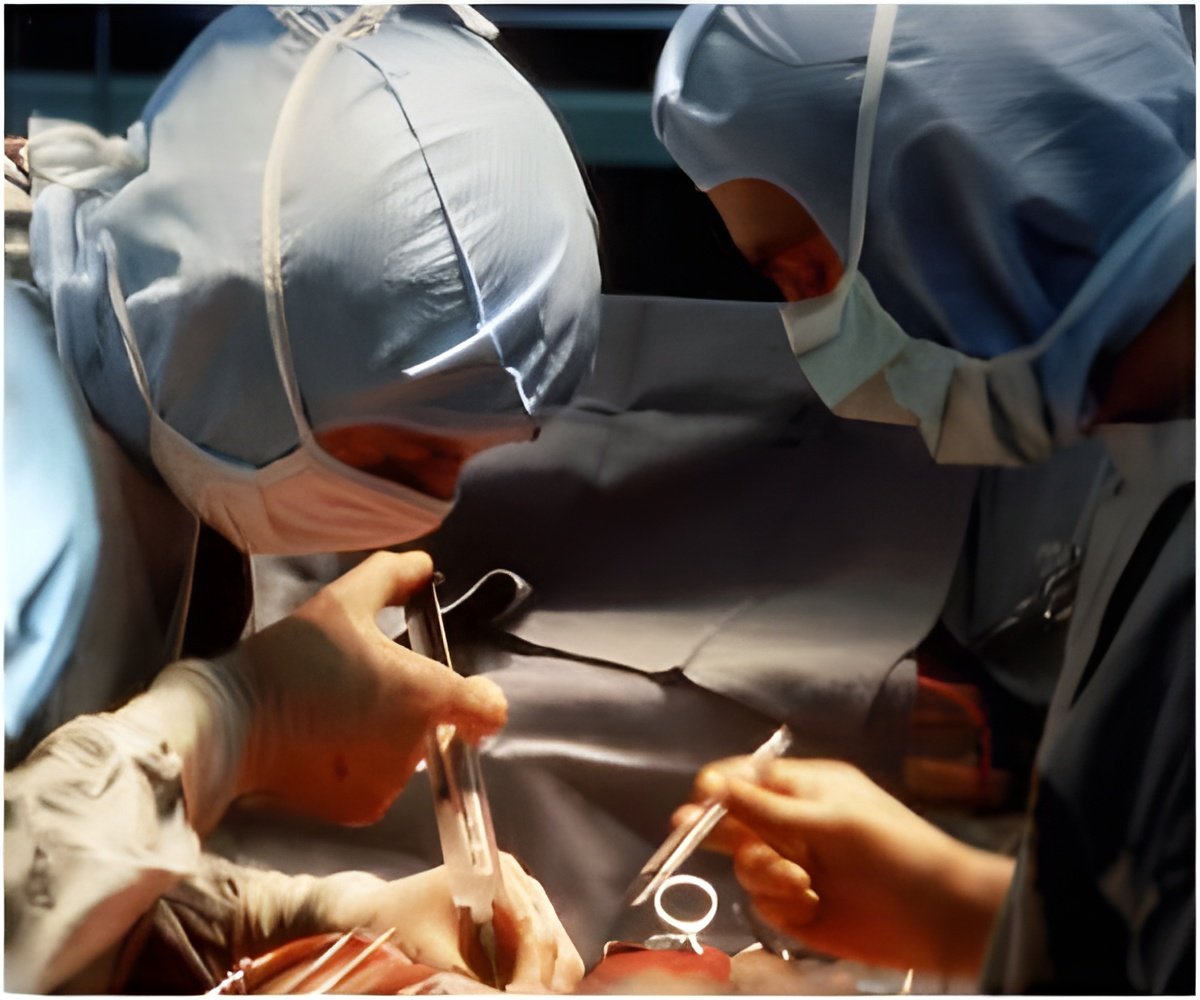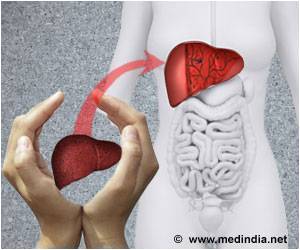New method for porcine ACL tissue will prevent the tissue from triggering a rejection response, without disrupting its ligament structure and mechanical properties.

The Z-Process includes a sterilization wash and subsequent treatments that target the identified culprits of rejection.
The first treatment exposes the tissue to enzymes that will digest antigens with an α-galactosyl epitope, since, despite their abundance in non-primate mammals, primates have developed the antibodies to reject these antigens.
The other one exposes it to molecules that will bind to the ends of the surface carbohydrate chains of the tissue, making these chains “invisible” to immune system cells that would otherwise bind to them and identify them as foreign.
Once the xenograft tissue is implanted, it becomes the scaffold to aid in a patient’s natural regeneration of the damaged ACL.
Advertisement








